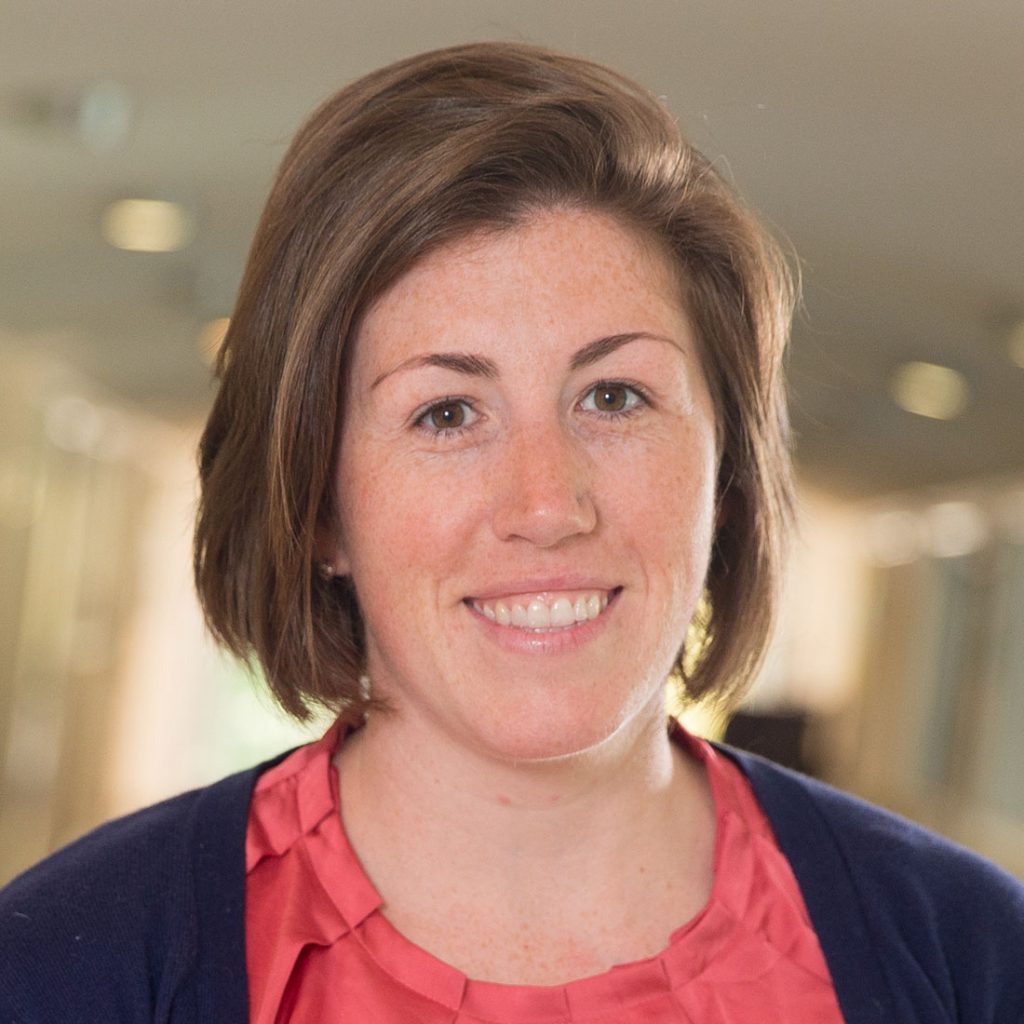SES 2262 - LGBTQ Experiences in Sport
Course Description
This course will review the history of openly LGBTQI athletes.
By gaining an historical understanding of the contributions of openly LGBTQI athletes, we will be able to explore the social, political, economic, and cultural constraints that have been placed on these athletes, and their attempts to transcend such limitations. We will use gender as a means of understanding the evolution of openly LGBTQI athletes in sport, and will also trace the manner by which issues of class and race inform their journeys over time, particularly with regard to issues of femininity, masculinity, and homonegativity.
Course Objectives
- Identify how homonegativity in athletics and physical education affect individual students, coaches, and teachers, as well as sport teams.
- Integrate LGBTQI concerns with other social justice issues such as race, sex, religion, ability and class and their interaction with homonegativity in sport.
- Discuss practical and effective strategies for addressing homonegativity in sport
- Compose sample policies for schools and sport teams toward the goal of creating and maintaining a respectful and safe athletic climate for LGB students, teachers, and coaches
Course Materials
Textbook: Sex, Gender, and Sexuality in Sport: Queer Inquiries. Krane, V. (2019). New York, NY: Routledge. ISBN 1138070602
Dates:
May 27 – Jul 2, 2025
Department: Sport and Exercise Studies
Course: SES 2262
Credit Hours: 4
In most instances, this 4-credit course will transfer to fulfill either a 4-credit or 3-credit requirement at another institution. Please check with your home institution to see if this course fulfills your requirements.
Prerequisites:
none
Satisfies:
CI Cultural and Identity
The above requirements are from the Randolph College general education program. Check with your home institution to see if this course fulfills your requirements.
Tuition & Fees:
$1,500 tuition
Textbooks and other course materials can be purchased separately from the source of your choosing.
Your Instructor

Meghan HalbrookAssistant Professor of Sport and Exercise Studies
B.A., University of Missouri-St. Louis; M.S., Ball State University; M.A., Ph.D., West Virginia University
I believe that success in the classroom is measured in more ways than just test scores. Success includes developing connections, leadership skills, self-efficacy, and internal motivation. I also believe that helping students deal with adversity through application of sport and exercise psychology concepts, such as resilience skills, conflict resolution, and communication can be the most rewarding type of success as an educator. Therefore, I strive to create a very positive, supportive, and interactive environment in the classroom. My classes will commonly participate in debates and case studies which incorporate current events, research, educated opinions, and course material. Well-rounded students become thoughtful and purposeful people and professionals, which impacts their connection to others in their desired field, as well as the continued, positive growth of the Sport and Exercise Studies Program at Randolph College.
These beliefs and procedures have been developed through years of teaching, consulting, and research. Much like I try to do in the classroom with all students, my research centers around creating an inclusive and supportive environment for LGBTQ+ athletes in sport. Despite the suggestion that several important developments have occurred over the past 15 years for LGBTQ+ rights and acceptance, professional development opportunities for coaches still rarely include information about LGBTQ+ athletes and homophobia in the sport environment. Diversity education, specifically with regard to LGBTQ+ athletes, teaches the use of inclusive language, development of team policies, and appropriate response strategies to deal with concerns, incidents, or biases on the court or field. In the future, I hope to develop training courses and materials for youth coaches that can be directed at increasing understanding and acceptance, and decrease incidences of bullying and harassment within a team setting.
When class is not in session, I enjoy making casual games and activities way more competitive than they were intended and spending time with family, friends, and my two dogs, Reese and Kai.